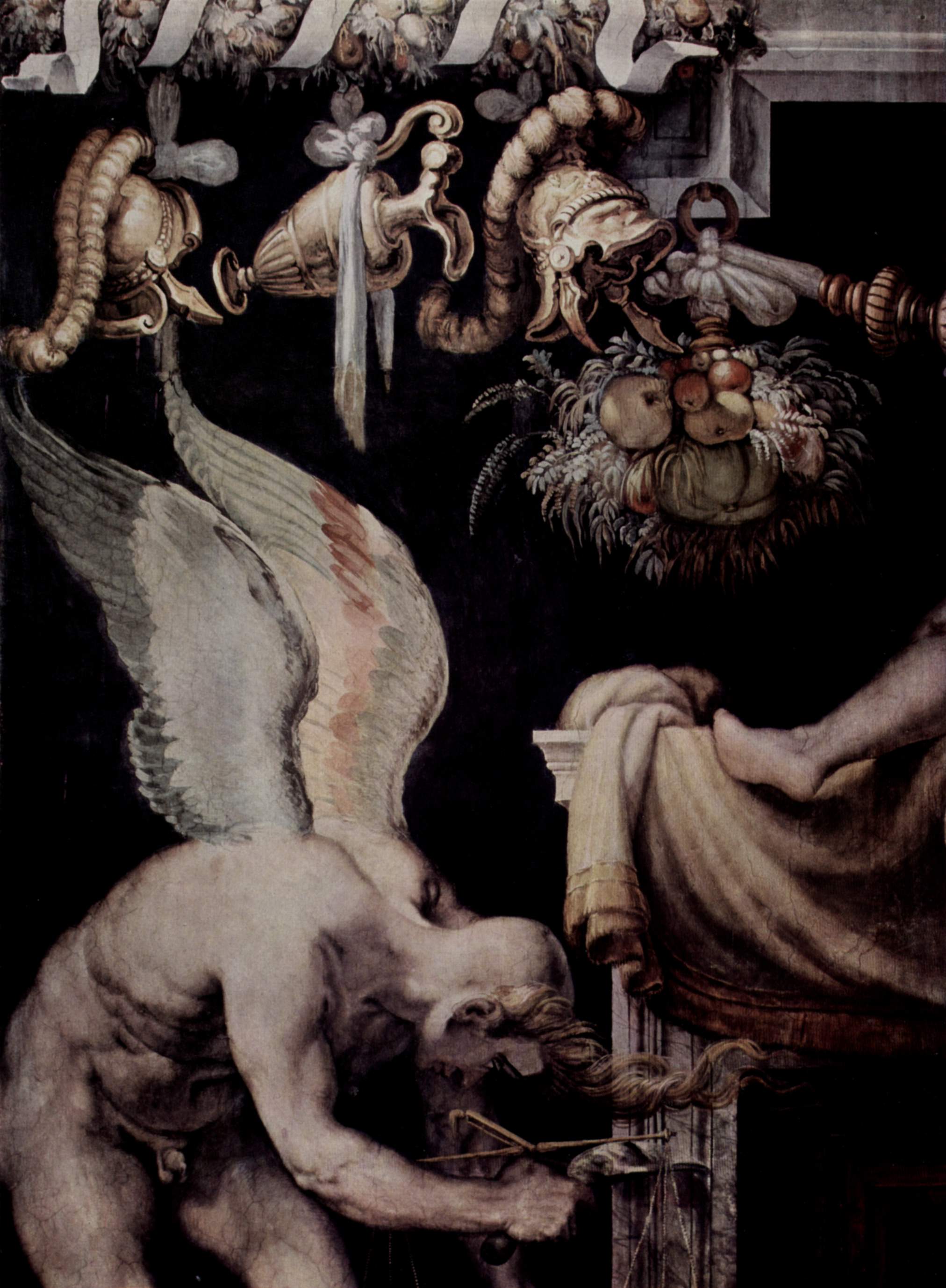
An argument against "nostalgia" for the past.
"There is an element of cultural and religious slumming involved, one that has its origins in petit-bourgeois malaise concerning the monotony of modern life. We have tricked ourselves into thinking that our daily life is so boring, so full of tedium, that something needs to step in to provide us with a means to escape it. Most people alleviate this by spending or buying something. Look only to the structure of television commercials: you can eat/drink/acquire this and you will be both satiated and healthy, indulging and responsible, etc. Those of more exotic tastes (the market is always pleased to indulge any taste as long as you have the money) will delve into other opportunities for personal fulfillment. These include exercises in medieval piety, Eastern monasticism, meditation, Gregorian chant, monarchist politics and other less popular boutique items. Instead of going to the pound and finding a dog or a cat for a pet, some people go to the zoo or a llama farm. Some people want a chinchilla; some want a goat. The mechanism is the same: find yourself in something that you can acquire outside of yourself in order to continue to blissfully ignore the social relations that actually govern your life. These are not exercises in wisdom but rather in self-deception through self-absorption."
I agree with this critique, yet "nostalgia" must always be part of the arsenal of the good life, for it lies buried in the present, and to what else can one appeal to exercise the lost art of memory?
"Man has to love the past in order to remember it." ~ Valentin Tomberg
Christopher Lasch points out in the magisterial Once & Future Heaven (A History of Progress) that "nostalgia" is the only category for the past which "moderns" are capable of conceiving. That is, they simply cannot imagine a people or person or nation or entity with more than a sentimental connection to the past (which was not morally wrong or even evil). Anything else is "fascism". This (of course) virtually abnegates the entire corpus of Western canonical literature (eg., Wordsworth, Samuel Johnson, Samuel Coleridge, Bossuett, etc. to pick a few notable examples). I would argue that (from any "realistic" standpoint) man has to be able to connect past and future and present. If he is unable or unwilling to do so, spiritual death results.
William Watson, Home-Rootedness:
I cannot boast myself cosmopolite;
I own to "insularity," although
'Tis fall'n from fashion, as full well I know.
For somehow, being a plain and simple wight,
I am skin-deep a child of the new light,
But chiefly am mere Englishman below,
Of island-fostering; and can hate a foe,
And trust my kin before the Muscovite.
Whom shall I trust if not my kin? And whom
Account so near in natural bonds as these
Born of my mother England's mighty womb,
Nursed on my mother England's mighty knees,
And lull'd as I was lull'd in glory and gloom
With cradle-song of her protecting seas?

No comments:
Post a Comment